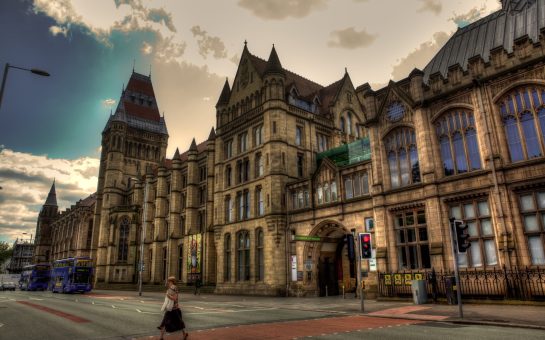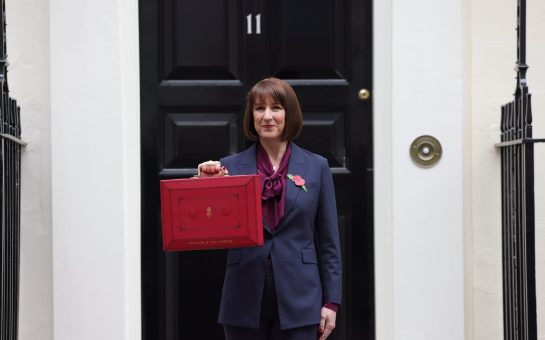A huge funding boost to Manchester’s biotechnology research will put the city at the forefront of cutting edge research and is another step forward for devolution, according to scientists receiving the grant.
Business Secretary Vince Cable announced yesterday at the University Of Manchester Government plans to invest £10.3million into their Institute of Biotechnology.
A total of £40million of funding has been devoted to cutting edge research, with £32million being split across three new Synthetic Biology Research centres in Manchester, Edinburgh and Warwick.
Professor of Synthetic Biology Eriko Takano believes the funding will provide a boost to the region’s economy.
Prof Takano said: “It’s really great for the bio-based economy, this means we’re going to use biology based material to make chemicals.
“It means for us in the chemical industry a lot more jobs, and having it in Manchester gets it away from London giving more infrastructure to the North. It’s another aspect of devolution we’ve seen.”
Secretary of state for business Mr Cable feels that the money is being investment into one of the most promising areas of modern science and will help to develop antibiotics and better tests for disease.
Mr Cable said: “It will see our world class researchers using bacteria to produce chemicals to make everyday products like toothbrushes and credit cards, which are currently made from unsustainable fossil fuels.
“Not only will this help improve people’s everyday lives in the future but it will support long-term economic growth.”
Visiting @BBSRC‘s friend @dbkell as Vince Cable announces £40M for #synbio #bioscience pic.twitter.com/z5aSOXnKCA
— Rob Dawson (@UKBioNews) January 29, 2015
The three research centres will receive the funding over five years to boost national research capacity, ensuring that there is expertise to nurture the growing industry in the UK.
Research partnerships across the UK have been awarded the remaining £8million, with the view that it will create the DNA starting blocks required for synthetic biology applications.
Professor Nigel Scrutton, Co-Director of the new Synthetic Biology of Fine and Speciality Chemicals, said: “The grant is a major win for Manchester.
“The centre will provide the general tools, technology platforms and Synthetic Biology ‘know-how’ to drive academic discovery and translate new knowledge and processes towards industrial exploitation.”
MM video by Esther Jackson and audio by Luke Marino.
Main image courtesy of University of Manchester via YouTube, with thanks.



